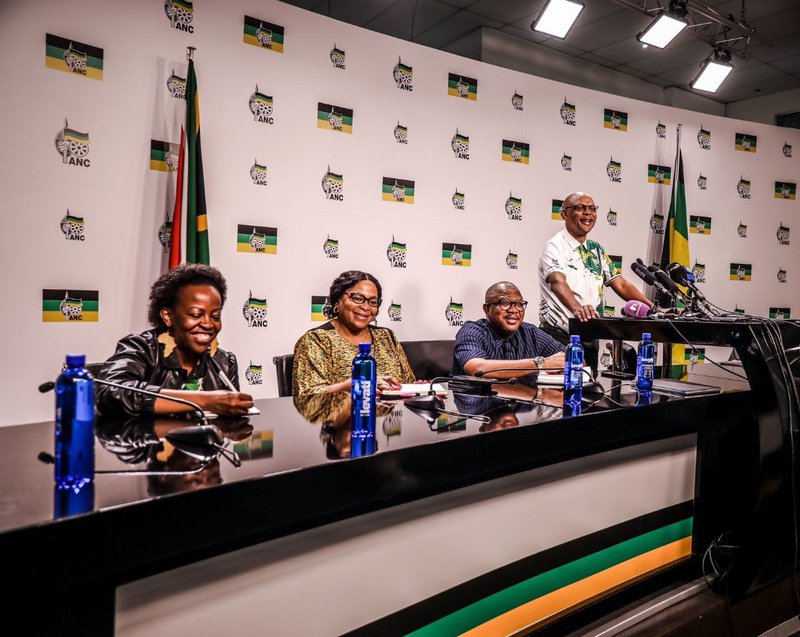ANC calls for review of protector’s party-state separation findings
Updated | By ANA
The African National Congress on Friday urged government to seek a review of the findings and “far reaching implications” of the public protector’s report on the conflation of state and party activities.

The ANC had noted with extreme concern the report in the Mail and Guardian newspaper, according to which Public Protector Thuli Madonsela was reported to have said “When a minister is in an event as a minister, not as a party representative, he or she can not endorse a particular party”, ANC spokesman Zizi Kodwa said in a statement.
This follows Madonsela’s release on Thursday of a report dealing with the ANC’s alleged failure to separate the state and the party. Included in the report, was the Free State government’s service delivery programme – operation Hlasela – which Madonsela found to have been used in the ANC’s local government electioneering in 2011. She recommended policy be developed to clarify the separation between state and party activities.
Kodwa said on Friday: “While we unambiguously accept that state resources should never be utilised [for] political party campaigning, it is our assertion that this view by the public protector is unfortunate.
“Consequently, the African National Congress urges government to seek review of the findings and the far reaching implications of the public protector’s report.”
South Africa’s proportional representation electoral system meant voters vote for a party, not for individuals. The party concerned chose those who would represent them in Parliament, and from these MPs, the majority party selected members of the national executive in line with section 91 of the Constitution.
“Cabinet members do not change their allegiance to their political parties nor claim to be non-partisan once they are appointed to Cabinet. They are tasked with the implementation of the policies of the governing party on the basis of which the party was endorsed by the electorate,” Kodwa said.
“Wherever they appear in public they remain deployees and ambassadors of that party. It is not inconceivable that in the execution of their tasks they will refer to the successes and challenges of the ANC-led government they have been tasked to serve in, as it is the ANC programme they are driving with its mandate derived from the people.”
This constituted government remained in force until a new government was elected and formed through regular elections. Until then the national executive had a constitutional obligation to deliver on government tasks – even during an election period.
The public protector’s conflation of political party with private interests further seemed to go against international practice. In all governments around the world, there was a dynamic distinction between party political and state interests because the governing party invariably determined policy through the democratic process of government, Kodwa said. - ANA
Show's Stories
-
Chihuahua saves owner trapped in icy glacier hole
Don't judge a little lapdog by its size!
The Drive with Rob & Roz 9 hours ago -
Ed Sheeran showcases debut collection of Jackson Pollock-esque art
He's in love with shapes made with paint!
The Drive with Rob & Roz 12 hours ago